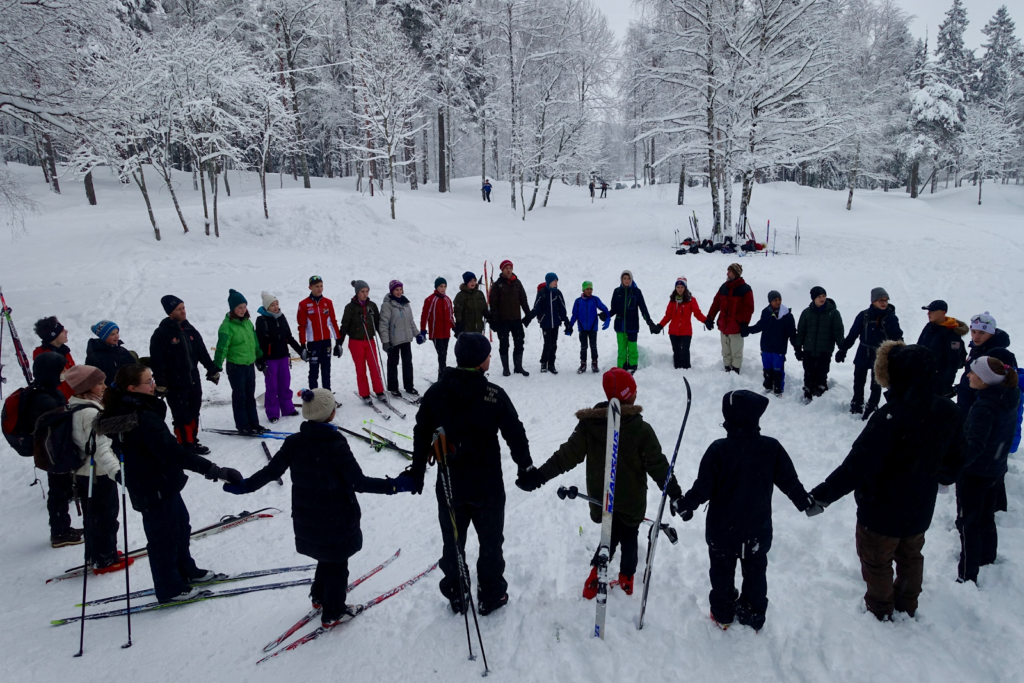The world’s first social impact bond was launched in the UK in 2010. Today 74 projects have been implemented across 18 countries, including in Sweden, Finland, Germany and the Netherlands.

A Norwegian social impact bond: Lier Municipality, Trygg av natur and Ferd Social Entrepreneurs have entered into a collaboration to increase self-mastery in elementary school pupils and to ensure public funds are used more efficiently. Photo: Trygg av natur
Payment for Results
A social impact bond involves a social investor or foundation initially financing an activity, with the investor then reimbursed by the public sector if the pre-agreed results are achieved. This reduces the risk to the public sector of trying out new measures, and provides investors with the chance to contribute to social innovation. The authorities only have to pay if the desired outcome is achieved, and investors only benefit if society itself also benefits.
Public-Private Collaboration
We are involved in three social impact bonds:
Vestfold
Four municipalities collaborate with Ferd Social Entrepreneurs and Back in the Ring, a social entrepreneur that uses yoga as a catalyst for starting and maintaining a process of change in people in prison. The contract’s aim is to reduce reoffending in the young people involved.
Lier
Lier municipality, Ferd Social Entrepreneurs and Trygg av natur collaborate to increase self-mastery in elementary school pupils. The social entrepreneur Trygg av natur uses nature as an arena for increasing self-mastery.
In a social impact bond, the public sector, the private sector and the voluntary/non-profit sector collaborate in order to find better solutions. The process requires all parties to work systematically and in a knowledge-driven fashion to discover the target group’s needs, what a positive result for the group would be, how this can be achieved and how it can be measured. The process can result in new insights, new ways of collaborating, and new knowledge about what measures have a quantifiable impact.
Lillehammer/Øvre Eiker
Lillehammer and Øvre Eiker municipalities are working with SOS-barnebyer and Ferd Social Entrepreneurs to help an under-served group of children in the child protection service by means of a new service called ‘Family partner’. The service has been developed by the municipalities, SOS-barnebyer and the Oslo Met university, and its aim is to put families in a position to give their children better care both short and long term.
Bridge Financing in Indre Østfold Municipality
Our portfolio company Generasjon M has entered into a social impact bond, called bridge financing, with Indre Østfold municipality and the Østfold og Akershus Savings Bank Foundation. Its aim is to get local young people into work and to increase the well-being of older people in nursing homes.